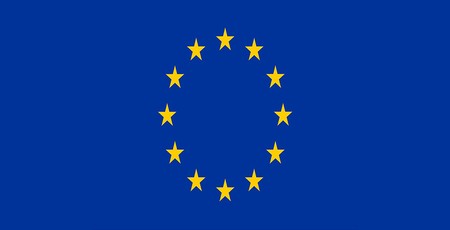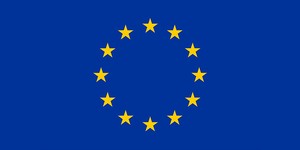EU vote introduces restrictions on retailers' geoblocking
November 23, 2017 | 11:14
Companies: #europe #european-commission #european-parliament #european-union

The European Union has voted to end several forms of 'geoblocking', the process by which retailers prevent citizens of one European nation from purchasing items from a retailer located in a different European nation, by the end of 2018.
Following a survey in to the practice which found 63 percent of websites assessed practised geoblocking and thus artificially restricted the market, the European Parliament, Council, and Commission have reached a joint agreement that will see some forms of geoblocking outlawed by the end of 2018.
'Today we put an end to unjustified discrimination when shopping online,' claimed Andrus Ansip, vice president responsible for the EU Digital Single Market, at the announcement this week. 'This is excellent news for consumers. With the new rules, Europeans will be able to choose from which website they wish to buy, without being blocked or re-routed. This will be a reality by Christmas next year.'
'We are upgrading the EU Single Market to the digital world by giving consumers the same possibility to access the widest range of offers regardless of whether they physically enter a shop in another country or whether they shop online,' added commissioner Elżbieta Bieńkowska, in charge of internal market, industry, entrepreneurship and small/medium enterprise (SME). 'Next stop: bringing down prices of cross-border parcel delivery, which still discourage people from buying and selling products across the EU.'
The new rules on geoblocking do come with some restrictions, defining three very specific situations in which it is claimed there can be 'no justification and no objective criteria for a different treatment between customers from different EU Member States': The sale of goods without physical delivery, whereby a customer from one country will be permitted to buy goods from a different country even where the retailer does not offer cross-border delivery by collecting or arranging collection of the item personally; the sale of electronically-supplied services, such as website hosting; and the sale of services provided in a specific physical location, allowing - as an example - Italian citizens to buy French theme park tickets directly from a French website without being redirected to an Italian version.
The rules do not, however, introduce an obligation to sell, and neither do they require that sellers harmonise their pricing across the region - meaning that it will still be entirely legal for a company to have dedicated websites in two or more European nations offering identical goods or services at different prices, so long as it's possible for a customer to buy from any one of the websites without restrictions beyond those mentioned above and consideration for different national regulations and tax regimes.
The new rules will be enforced after nine months in the EU Official Journal, which will bring them into play ready for the Christmas sales period next year.

MSI MPG Velox 100R Chassis Review
October 14 2021 | 15:04








Want to comment? Please log in.